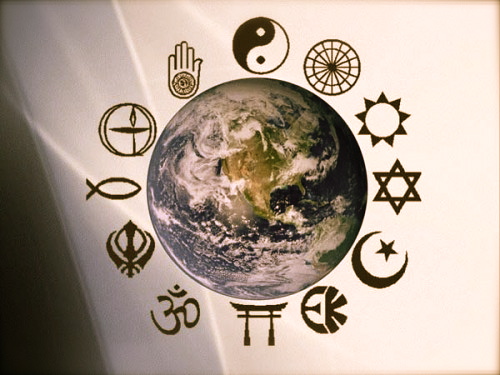 The realm of international relations is marked by complex interactions, negotiations, and conflicts on a global scale. The influence of monotheistic worldviews on these dynamics cannot be underestimated, as they often shape diplomatic relations and contribute to both cooperation and tension.
The realm of international relations is marked by complex interactions, negotiations, and conflicts on a global scale. The influence of monotheistic worldviews on these dynamics cannot be underestimated, as they often shape diplomatic relations and contribute to both cooperation and tension.
Shared Values and Cooperation
Monotheistic belief systems emphasize values that can foster cooperation between nations. Principles of peace, justice, and empathy are found across various monotheistic teachings, encouraging nations to engage in dialogue and collaborative efforts to address global challenges.
For instance, the principles of “shalom” in Judaism, “salaam” in Islam, and the call for “turning swords into plowshares” in Christianity all reflect the shared aspiration for a harmonious world and peaceful coexistence.
 Religious Diplomacy
Religious Diplomacy
Religious leaders often play a role in diplomatic initiatives. Their moral authority can transcend political divides and facilitate dialogue between nations. Monotheistic figures may leverage their influence to mediate conflicts, promote humanitarian aid, and encourage reconciliation.
Complex Conflicts and Identity
At the same time, monotheistic differences can contribute to conflicts rooted in historical and religious divisions. Geopolitical disputes in the Middle East, for example, often have religious dimensions intertwined with political interests.
Monotheistic identity can be a rallying point for nations and communities, shaping their stance on international matters. This identity can foster unity or exacerbate division, depending on the interpretation and utilization of religious teachings.
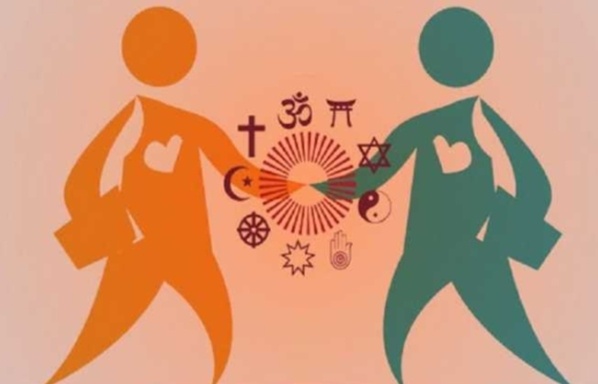 Interfaith Dialogue and Peacebuilding
Interfaith Dialogue and Peacebuilding
Recognizing the potential for both cooperation and conflict, interfaith dialogue has gained significance in international relations. It seeks to bridge differences between monotheistic traditions and foster understanding, thereby contributing to peacebuilding and conflict resolution.
Conclusion
Monotheistic worldviews hold sway over the intricate landscape of international relations. From inspiring shared values and religious diplomacy to influencing complex conflicts and identity formation, their impact is profound. As the world continues to navigate global challenges, understanding the role of monotheism in international relations is crucial for promoting understanding, cooperation, and lasting peace.
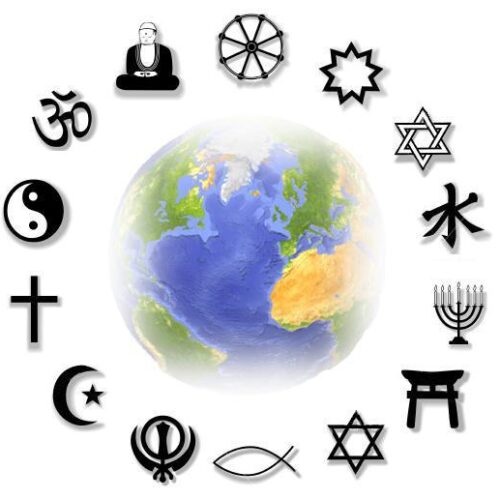
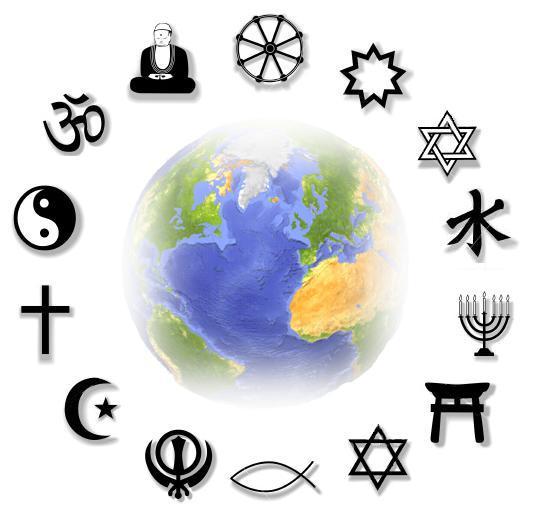 Religion has long been a potent force shaping the trajectory of societies and their governance. In contemporary times,
Religion has long been a potent force shaping the trajectory of societies and their governance. In contemporary times, 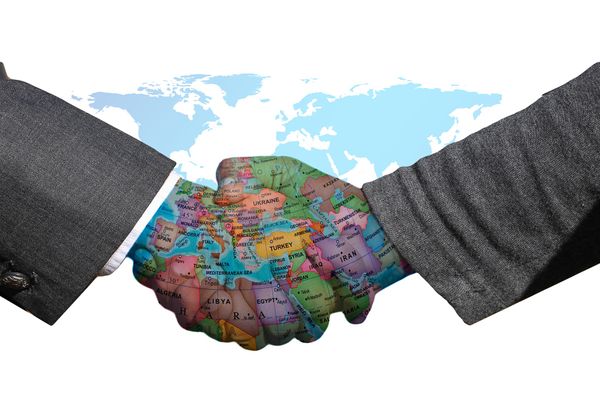 Global Diplomacy and Conflict Resolution
Global Diplomacy and Conflict Resolution Secularism and Religious Freedom
Secularism and Religious Freedom